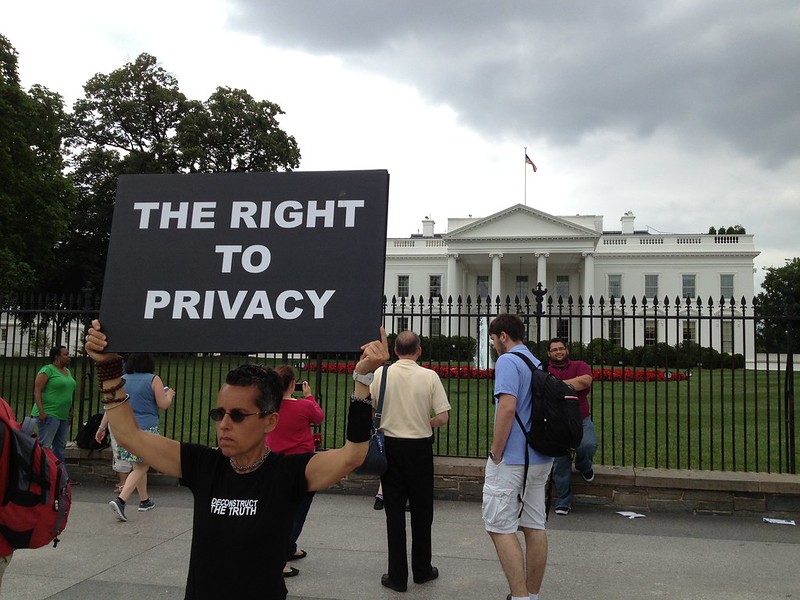The Canadian Parliament is set to resume this week and it’s a safe bet that Internet regulation will be part of the legislative agenda in the coming months. One of the toughest policy issues involve misinformation, which can be difficult to define and potentially to regulate. The Canadian Commission on Democratic Expression was established in spring 2020 with a three-year mandate to better understand, anticipate, and respond to the effects of new digital technologies on public life and Canadian democracy. As part of its work, it created a Citizens’ Assembly comprised of Canadians from across the country who recently gathered for several days to debate disinformation online. Last week, I was honoured to deliver a dinner speech to the group followed by a facilitated discussion. This week’s podcast features a recording of that lecture with the slides posted here.
The podcast can be downloaded here, accessed on YouTube, and is embedded below. Subscribe to the podcast via Apple Podcast, Google Play, Spotify or the RSS feed. Updates on the podcast on Twitter at @Lawbytespod.
Show Notes
PPT presentation to the Citizens’ Assembly
Credits:
CityNews Edmonton, Nearly All Canadians Saw COVID-19 Misinformation Online, Study Says

In December 2017, the Canadian government launched its much-anticipated and much-lobbied review of Canadian copyright law, tasking the Standing Committee on Industry, Science and...

The debate over Bill C-11 – the Online Streaming Act – seems likely to come to an end this week, at least in the...

Canada’s new privacy bill is only a couple of weeks old but it is already generating debate in the House of Commons and careful...